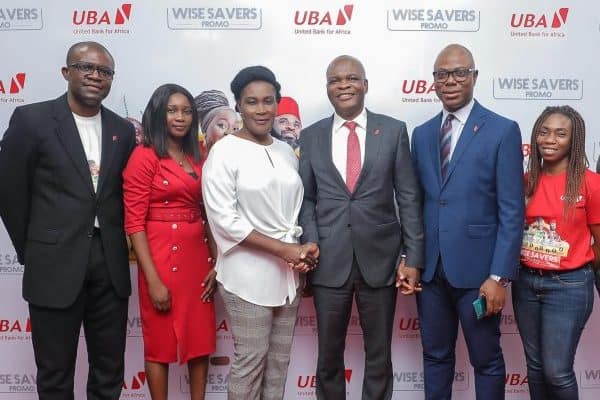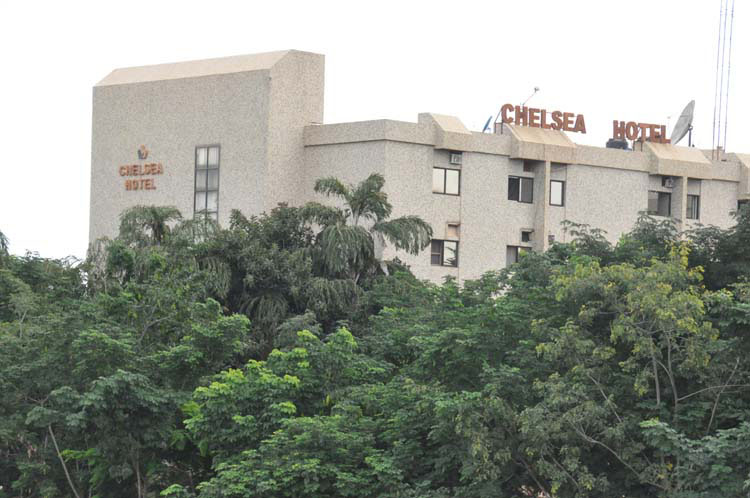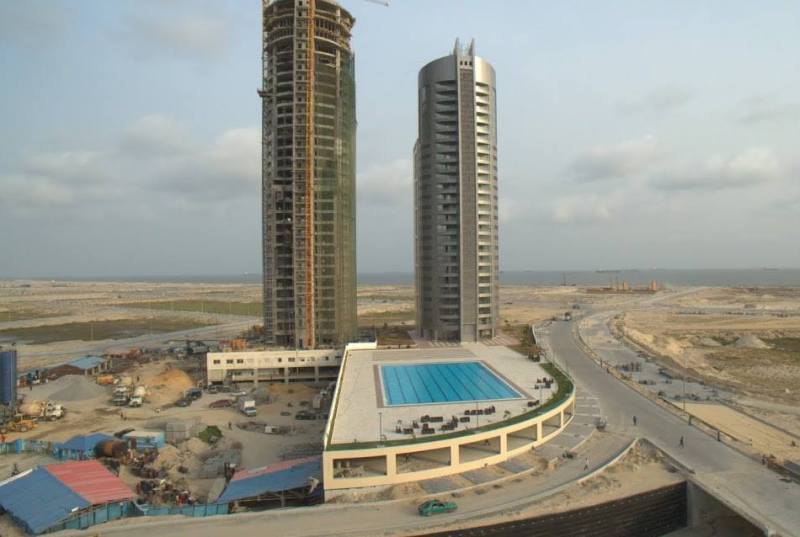Before now and mainly prior to the tortuous journey to the passage of the Petroleum Industry Governance Bill (PIGB) which the presidency has given clumsy or flimsy reasons for not assenting to, the process of conducting bid rounds for the ownerships of Nigerian oil blocks of fields has been controversial and shrouded in favouritisms.
Otherwise, over the years, bid winners are always associated with one or two residents of power corridors in Abuja and that singular fallout has been the centre of criticisms and controversies upon every oil block bid round.
Business Hilights Intelligence Unit (BHIU) recalls that Nigeria has remained in the eye of the storm since the award of Oil Prospecting Licence (OPL) 245 to Malabu Oil & Gas Limited, exposed the level of corruption that takes place in the award of oil blocks.
However, as the federal government steps up drive towards addressing the obscurity in the oil and gas sector, there is the urgent need for Nigerians to insist on an improved oil licensing process that is dependent on the PIGB.
The delay in the award of new oil blocks and uncertainties over existing marginal oilfields are upsetting industry players, amid a warning that the country’s economic development could be jeopardised.
Nigeria is projected to witness a shortage of crude oil, as new refineries may have to compete with the sale of the product at the international market where the country earns the bulk of its hard currency. Also, some experts think the Nigerian National Petroleum Corporation’s (NNPC) bid to increase crude oil reserves by one billion barrels yearly to meet targets would remain elusive.
Currently the number of active oil and gas rigs in the country dropped to 33 last month as the regulatory uncertainty caused by the delay in the passage of the PIGB persists.
Rig count is largely a reflection of the level of exploration, development and production activities occurring in the oil and gas sector.
According to the latest data from Baker Hughes Incorporated and the Organisation of Petroleum Exporting Countries (OPEC), Nigeria’s rig count stood at 35 in July.
Statistics show that from a record low of 23 in December 2016, the number of active oil rigs in Nigeria rose to 35 in February this year, a level last seen in early 2015. The rig count stood at 38 in January 2015.
The country saw the fourth largest drop in rig count among its peers in OPEC in 2016 as the number of rigs averaged 25, down from 30 in 2015 and 34 in 2014. It averaged 28 last year.
Contrary to the Federal Government’s target of increasing crude oil reserves, the country recorded a decline of 961.47 million barrels in the four years to 2016 on the back of low investments in exploration by oil companies.
The oil reserves fell from a high of 32.23 billion barrels in 2012 to 31.27 billion barrels in 2016, while the condensate reserves stood at 5.47 billion barrels from 4.91 billion barrels in 2012, according to data from the Department of Petroleum Resources.
The Federal Government has repeatedly failed to meet a 40-billion reserve target for about eight years. Instead of making progress, the country could be inching backwards, according to statistics from the Department of Petroleum Resources (DPR), showing that the reserves declined by 961.47 million barrels between 2012 and 2016 alone.
Whereas a number of industry analysts claim that government’s delay in assenting to the PIGB passed several months ago was to allow for the out-fashioned and shrouded bidding process to hold sway, others say enough is now, enough in use of surreptitious process that will end up handing over choice national resources to mere contenders simply because of one or two connections at the top after all.
The crux of the matter as far as the highly expected bidding round is concerned, majority of industry pundits prefer the adoption of a system that would allow the use of simple simultaneous sealed-enveloped bid strategy, as opposed to a complex bid round that may provide a marginal rent gain increase, remains a better option for the Nigerian petroleum industry of today.
Besides, the sealed bid is expected to provide better rent captures, as it has less tendency towards information asymmetry and collusion tactics, especially for a first-price sealed bid auction strategy.
Already, a leading sector player and head of Nextier Advisory, Patrick Okigbo, believes that while the stated objectives of upcoming bid round are to raise capital to finance infrastructure projects, deepen oil reserves, and utilise dormant oil mining leases, there are indications that discretionary powers would be exercised in the upcoming bidding rounds.
According to him, “There are already indications that some marginal fields will be excluded from the bidding rounds and set aside for discretionary awards. The reason for the exclusion is to pave a path for ownership of oil assets by indigenous Niger Delta companies.
Okigbo averred that “As laudable as this idea may be, there is a high probability that the lack of transparency will mire the awards in public controversy”.
No doubt, several oil and gas stakeholders who had hailed the National Assembly for a job well done on PIGB. Experts like Okigbo, Principal Consultant, DRNL Consult Ltd., Ronke Onadek; lead Partner at Odujinrin & Adefulu, Mr. Adeoye Adefulu, all are convinced that the PIGB, would improve the licensing process.
In their unison submissions, they however inferred that even if PIGB was passed and the power of discretionary award officially removed, the process could still be compromised, especially without adequate training of personnel at DPR, by creating a situation for bidders to cut corners.
This issue therefore boils down to the salient position of the Chairman/Chief Executive Officer of International Energy Services Limited, Dr. Diran Fawibe, who recently expressed shock that some “moneybags” with political influence still get oil blocks, even when they are not basically interested in investing for long term.
Adefulu on this matter argued that “It is people that will implement the law,” and that “The PIGB cannot be an end to itself in ensuring improved licensing process”.
He stressed further that “If you don’t have the right people, who are trained then there would a challenge.”
Generally, this emerging bid round which had suffered undue postponement need to rely on the PIGB which is yet to be assented by President Mumahhadu Buhari, otherwise, mediocres who usually rely on who they know to grab the nation’s choice fortune may still find their way into the oil fields basket.
By then, international observers will confirm their earlier held opinion that for every one good step in Nigeria’s oil and gas sector, it is always followed by 10 bad steps unfortunately.









